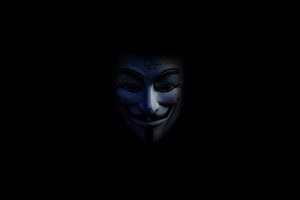In 2025, the dark web continues to be a complex and controversial space—one that serves drastically different purposes depending on who’s using it. While it often grabs headlines for harboring cybercriminals and illegal marketplaces, dark web URLs—accessible only through anonymity-preserving browsers like Tor—also serve as lifelines for whistleblowers, journalists, activists, and individuals seeking protection from censorship or surveillance. The dark web is not a monolith of crime; it’s a diverse ecosystem where privacy and risk coexist.
Whistleblowers, in particular, rely on dark web platforms like SecureDrop and GlobaLeaks, which provide secure, anonymous channels to share sensitive information with journalists or the public. These tools are hosted on .onion URLs and are designed to minimize traceability, making them essential in regions with oppressive governments or harsh penalties for speaking out. In 2025, as global digital surveillance intensifies, more journalists and media outlets have adopted dark web portals to communicate with sources without putting them at risk.
On the other side of the spectrum, hackers and cybercriminals continue to exploit the dark web to distribute stolen data, trade malware, and sell illegal goods or services. Ransomware groups often operate dedicated leak sites—hosted at dark web URLs—where they threaten to publish victims’ data if ransom demands are not met. These URLs also act as meeting grounds for illicit communities, where exploits, vulnerabilities, and even zero-day attacks are exchanged for profit or prestige.
Interestingly, there’s also a growing middle ground: privacy-conscious users who aren’t necessarily doing anything illegal, but use dark web URLs for anonymous browsing, encrypted email, or escaping corporate data tracking. Services like ProtonMail’s .onion site, The New York Times Tor mirror, and even the CIA’s official dark web site are examples of legitimate entities embracing this technology for safer, private communication.
As 2025 unfolds, the users of dark web URLs represent a wide and conflicting spectrum—from those exposing corruption to those exploiting digital vulnerabilities. Understanding who uses these URLs and why is essential not just for cybersecurity professionals, but for anyone concerned with privacy, freedom of speech, and the future of the internet.

